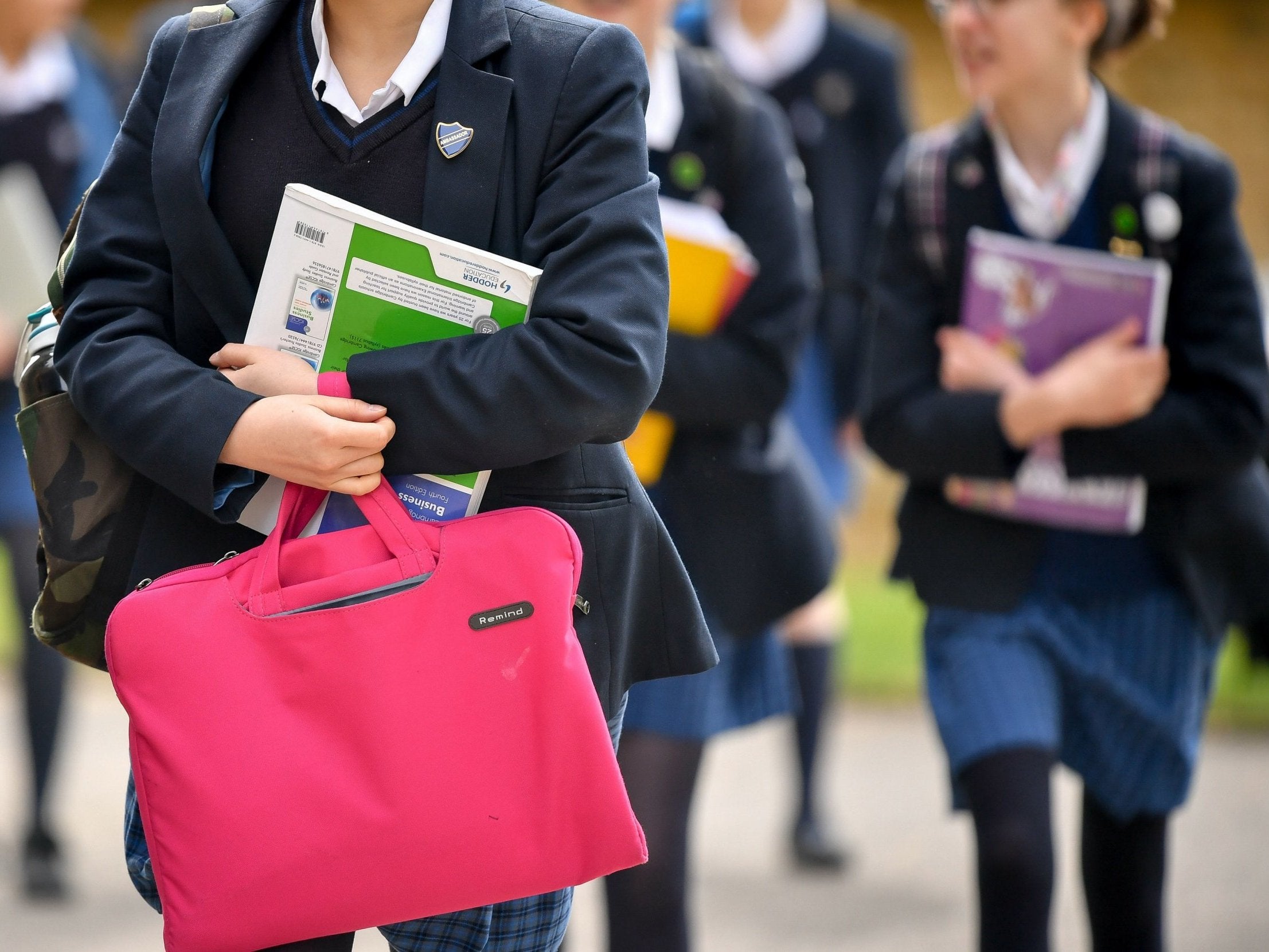Why do there seem to be so many school place shortages?
Analysis: The problem is most acute in London and its surrounding counties, but why has nobody seen it coming? Eleanor Busby explains


More than half a million families were told on Friday which secondary school their child would go to in September.
National Offer Day can be an anxious time for many parents, and now with secondary school pupil numbers on the rise, parents in some parts of England have even more to worry about.
This year, for the first time, Hertfordshire County Council has failed to allocate all children a school place. Nearly 200 families are in limbo waiting to hear where their child will be for the start of the autumn term.
So why are more children missing out on places at their preferred schools? Quite simply, there are more pupils entering secondary school than in previous years, making the competition tougher.
And in some cities, the provision of school places is failing to keep up with a population bulge which is now moving into secondary education. Often, more housing is approved before a new school has opened up, making matters worse.
The rise goes back to a baby boom in the early 2000s that is making its way through the system. Government forecasts show that secondary school pupil numbers will rise by 15 per cent over a nine-year period. The population is expected to peak at 3.3m in 2027 – 418,000 more than in 2018.
But not all parts of the country will experience a shortage of school places. A child’s chance of winning a place at their preferred school varies significantly depending on where they live.
The problem appears to be most acute in London and its surrounding counties, as well as other cities with significant population growth.
A recent survey suggests that only 6 per cent of children in Somerset did not get their first choice secondary school, compared to more than a third in London. And more than 700 children were left with no secondary school place at all in the capital last week.
All this has angered parents, who say multiple warnings were made about the baby boom and its impact on places.
For a number of years, councils, schools and unions have spoken up about a potential shortage of secondary places. And yet in some areas, not enough forward planning appears to have taken place.
The government says it has increased the number of free schools to ensure there are enough places, but these are not always in the right areas. And some may not have not opened in time.
Moreover, councils, who are responsible for making sure there are enough places, are not able to create schools. They also cannot force academies and free schools to expand to take more pupils.
And it can be difficult to encourage a school to expand if they lack the space and resources to do so.
State schools are struggling to pay for repairs to their existing buildings and class sizes have been rising amid squeezed budgets. Other secondary schools may be reluctant to admit more pupils due to fears that they will not have enough staff to teach and look after the children properly.
With the swathe of problems facing secondary schools, we can expect more parents across the country to speak up and protest about the lack of provision over the next few years. The problem is not going away anytime soon.
Subscribe to Independent Premium to bookmark this article
Want to bookmark your favourite articles and stories to read or reference later? Start your Independent Premium subscription today.
Join our commenting forum
Join thought-provoking conversations, follow other Independent readers and see their replies
Comments